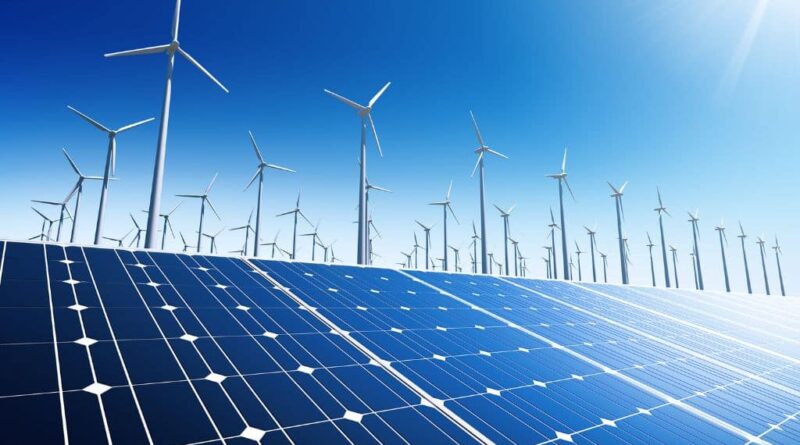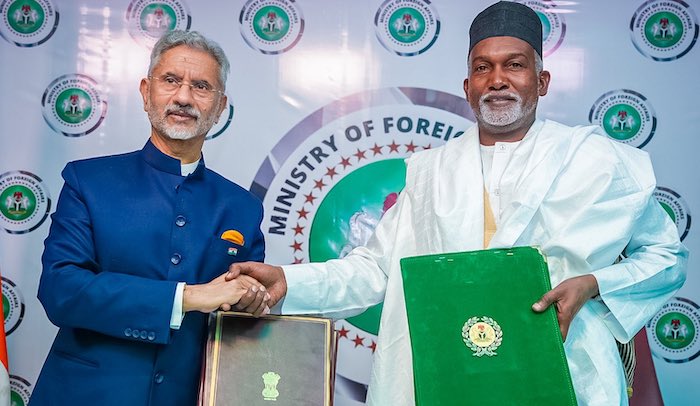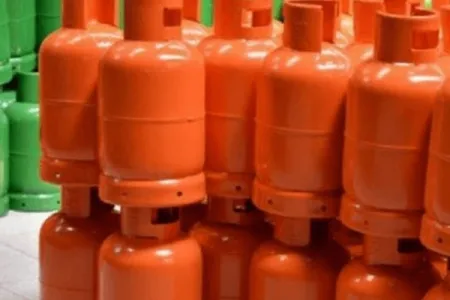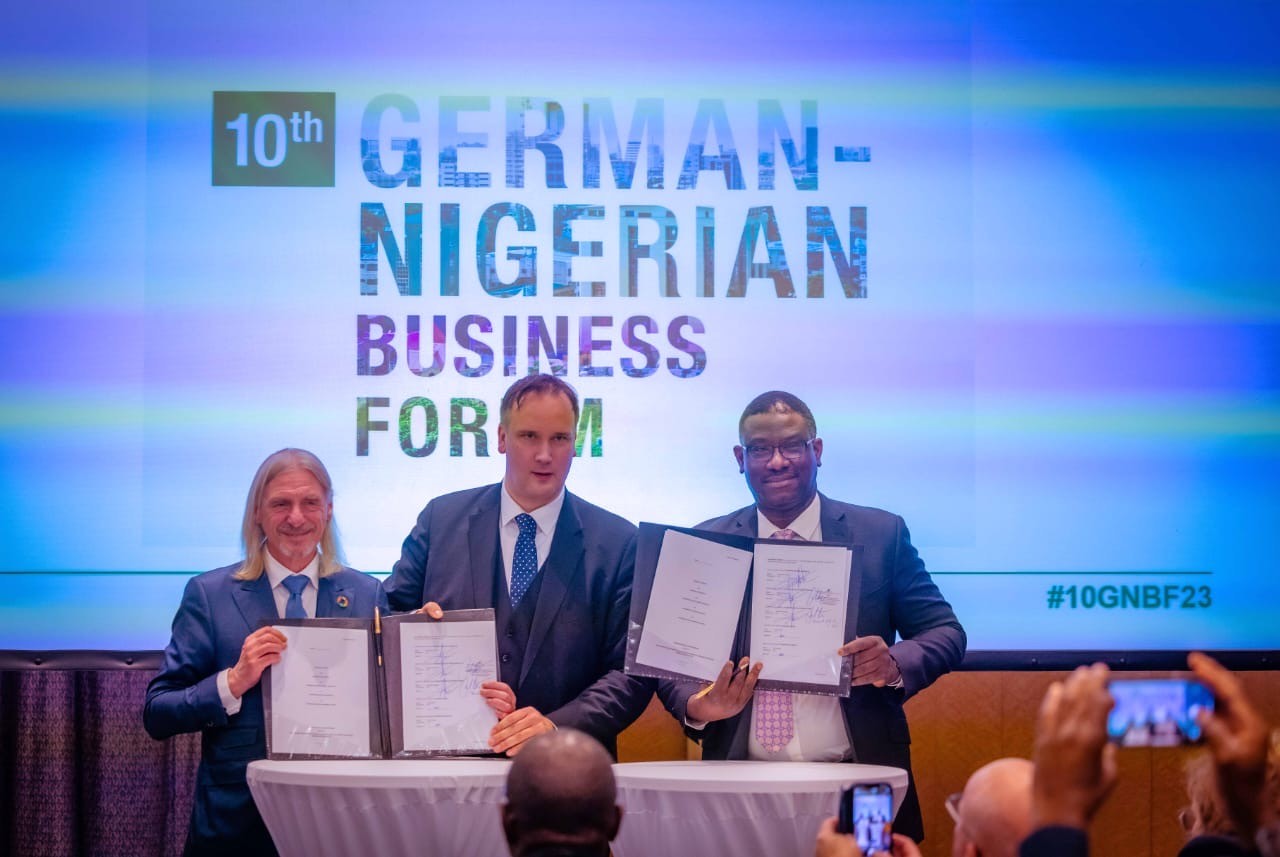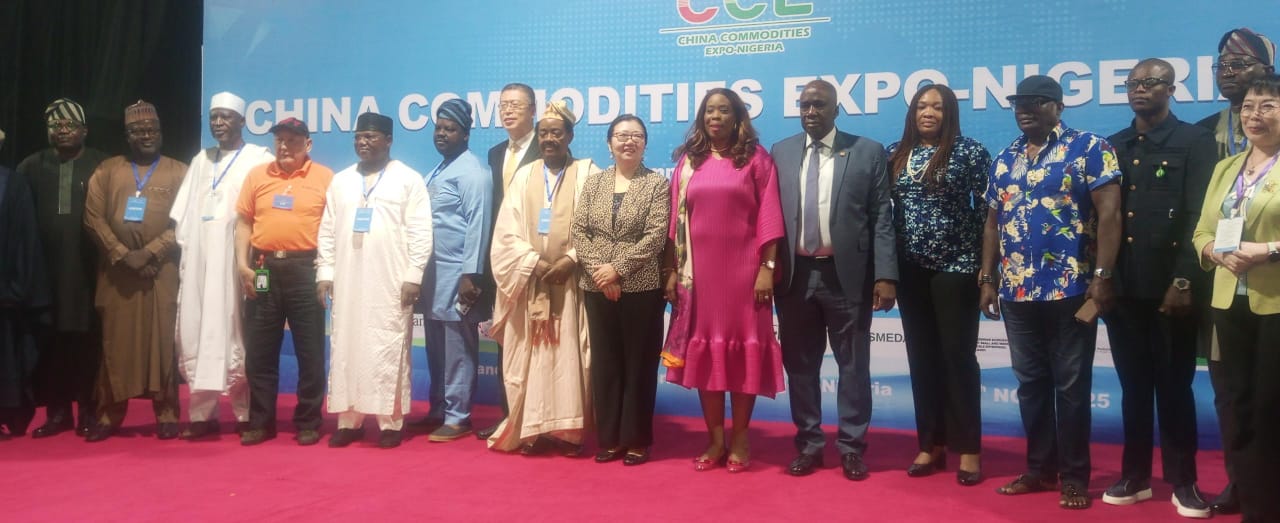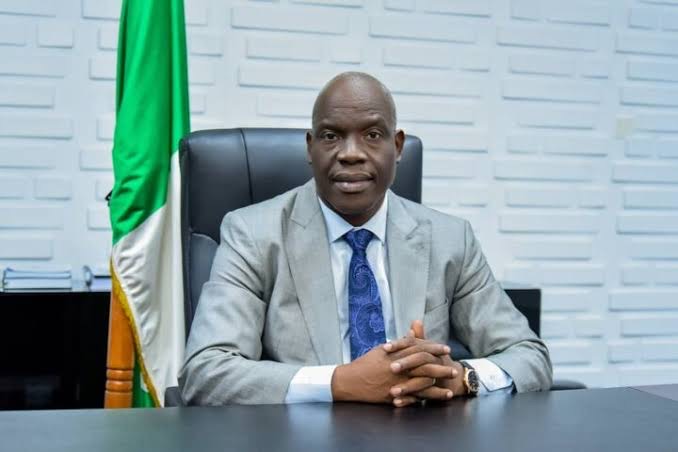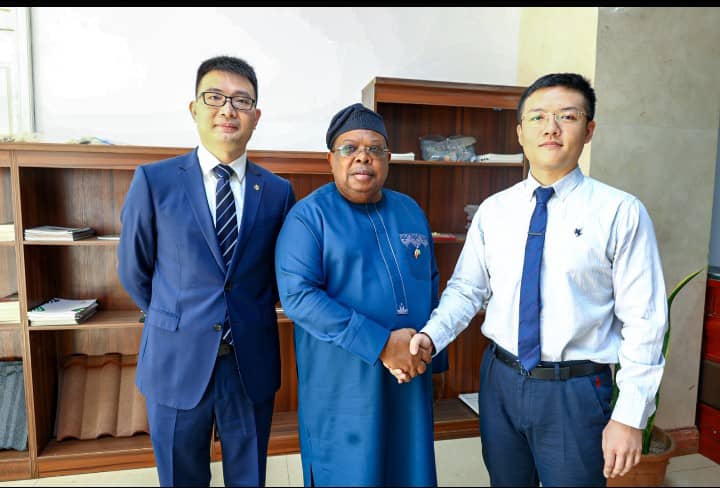GIZ Boosts Nigeria’s Clean Energy Push with Customs Support
The German Agency for International Cooperation (GIZ) has deepened its support for Nigeria’s transition to renewable energy by streamlining the importation process for clean energy equipment. This development was highlighted at a recent stakeholders’ meeting in Lagos, where GIZ reaffirmed its dedication to accelerating Nigeria’s green energy goals.
At the forum, Dr Markus Wagner, GIZ Nigeria’s Country Director (represented by Duke Benjamin), emphasized the significance of GIZ’s partnership with the Nigeria Customs Service. He said the Advance Ruling Systems have made it easier to import renewable energy equipment, which in turn supports Nigeria’s efforts to shift to sustainable energy.
“Our collaboration with Customs has shortened clearance times and reduced administrative hurdles for those importing clean energy components,” he explained. “The new handbook on renewable energy import and export procedures is another step toward making business easier across Nigerian borders.”
GIZ has also been helping importers and customs officers better understand how to classify and value renewable energy items, improving efficiency and compliance. These changes are backed by digital reforms that are speeding up sustainable energy trade across the country.
In addition to modernizing customs operations, GIZ has played a broader role in helping the Nigerian government build skills, strengthen policies, and improve various institutions. In the energy sector, GIZ’s support has led to better policy development, rural mini-grid expansion, and improved national energy efficiency standards.
Meanwhile, the Federal Ministry of Power praised GIZ’s Nigeria Energy Support Programme for driving progress in renewable energy trade. According to Mahmud Mamman, the ministry’s permanent secretary (represented by Ben Ayangegor), this support is vital for achieving Nigeria’s 30:30:30 goal—30 gigawatts of electricity by 2030, with 30% from renewable sources.
He urged the Finance Ministry to set up a task force led by the Comptroller General of Customs. The group would fast-track customs screening for renewable energy products, simplify procedures, train staff, and create a special classification code for clean energy items.
Also speaking at the event, the Comptroller-General of the Nigeria Customs Service, Bashir Adeniyi (represented by Deputy Comptroller-General Caroline Niagwan), confirmed that Customs is taking active steps to support the clean energy sector. These include working with stakeholders to make renewable energy imports easier and applying fiscal policies to discourage the use of fossil fuels.

